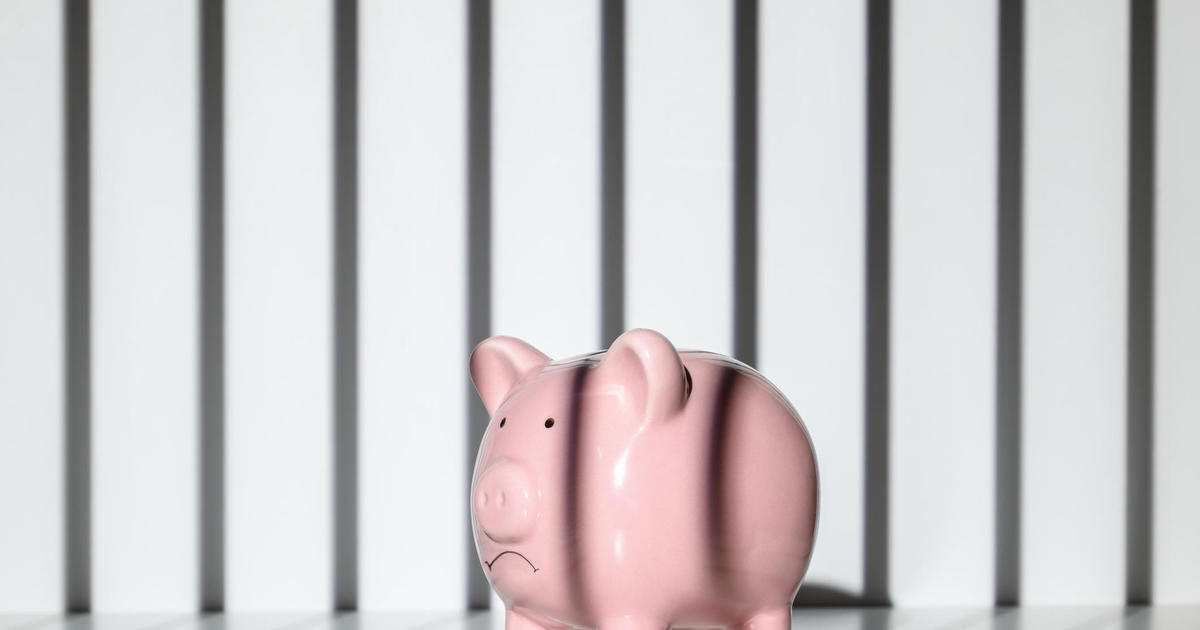Credit cards are hiking rates, but cutting fees
Although credit card interest rates are rising, not all the news about plastic is bad. That's because some credit card fees are disappearing -- particularly foreign transaction fees.
In 2015, 77 out of 100 cards charged these fees, 3 percent to 5 percent nicks that hit your account each time you use a card to buy something outside of the U.S. But just 52 cards still charge these fees today, said Ted Rossman, analyst with CreditCards.com, which conducts annual credit card fee research.
"Credit card companies are competing for affluent travelers," said Rossman. "Not only are issuers eliminating these fees, more of the new cards coming out don't have them."
However, credit card interest rates have risen sharply over the past year, jumping to 17.01 percent on average from 16.15 percent a year ago and from 15.2 percent in 2016.
Still, consumers who play their cards right don't need to pay a cent to use plastic in this environment, Rossman said. Interest is assessed only on accounts that aren't repaid in full each month and just 38 percent of Americans fall into this category. The majority use their credit cards for transactional convenience, but regularly pay off the balance. These individuals never pay interest, so they don't need to be concerned about rising rates.
And most of the commonly levied credit card fees are easily avoided. Some 98 percent of issuers, for instance, charge late-payment fees, fees for cash advances and balance transfers.
"The hardest fee to avoid is the annual fee, but that's only charged by 25 percent of the issuers," said Rossman.
Other findings from the CreditCards.com's research:
One card -- PenFed's Promise Visa -- charges no fees at all -- not even for late payments.
On the other end of the spectrum is First Premier Bank's credit card, which is marketed to poor credit risks. It levies 12 different fees, many of which are impossible to avoid, said Rossman. For instance, one of First Premier's cards charges a one-time "program fee" of $95 to set up the account, plus a $75 annual fee and a $6.25 monthly fee.
Why would anyone get that card? Perhaps to establish or reestablish credit, Rossman suggested. However, a wide array of so-called secured credit cards, which require the consumer to deposit a set amount in a bank account to secure their repayment, offer much better deals.
Other fee-heavy cards:
Barclays Arrival Premier World Elite Mastercard; Carnival World Mastercard, also issued by Barclays; Platinum Delta SkyMiles Credit Card from American Express; Starwood Preferred Guest Credit Card from American Express; Gold Delta SkyMiles and SunTrust Specialty Business card, all of which levy as many as nine different fees.
Besides PenFed, Capital One is the issuer that charges the fewest potential fees, according to CreditCards.com. Five of the bank's credit cards have only two fees -- for late payment and cash advances. Notably, one of these cards, Capital One's Platinum card, is ideal for building credit, and it comes at a far lower cost than First Premier's.




